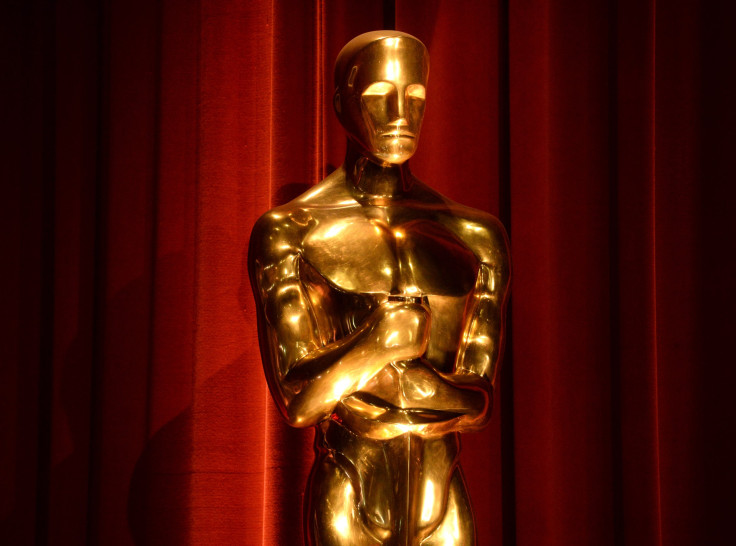Oscars 2016 Infographic: How White Are The 88th Academy Award Nominees?

Even before celebrities walk the long red carpet in Hollywood for the 88th Academy Awards, the show has already been mired in controversy. When the nominees were announced Jan. 14, the lack of diversity was immediately apparent across many categories, including best actor and actress, as well as behind-the-scenes roles of producer and director.
The lack of diversity again reignited the hashtag #OscarsSoWhite, sparked a “Saturday Night Live” skit highlighting how actors of color are overlooked, and led to calls for a boycott of the awards show. Actress Jada Pinkett-Smith, along with her husband, Will Smith, and film director Spike Lee, have all boycotted this year's ceremony, while other black actors and directors will be in Flint, Michigan, for an event benefiting the community there that has been dealing with a water crisis.
The Academy of Motion Picture Arts and Sciences, the group that selects nominees, acknowledged the problem, saying by 2020 it would double the number of its female and minority members. This year’s nominees marked the second year in a row no person of color was nominated to any of the major acting categories. Mexican director Alejandro G. Iñárritu of “The Revenant” represented the only person of color in the directing category, which again is dominated by men.
Hollywood’s gender disparity has also garnered attention this year, with a new report from the Institute for Diversity and Empowerment at the University of Southern California showing that men continue to outnumber women in directing and writing jobs, as well as in jobs at the top of the industry. The report examined 414 stories, including 109 motion pictures and 305 series in its analysis.
“The film industry still functions as a straight, white boy’s club. Girls and women are less than one-third of all speaking characters, and comprise a small percentage of directors and writers of the major studio and art house releases of 2014,” the report said. “The hashtag #OscarsSoWhite should be changed to #HollywoodSoWhite, as our findings show that an epidemic of invisibility runs throughout popular storytelling.”
The report suggested that companies create inclusion goals as well as a checks-and-balances system in order to foster greater inclusion. With many films already in production for the next awards season, those inclusive goals could still be several years away.
© Copyright IBTimes 2024. All rights reserved.












